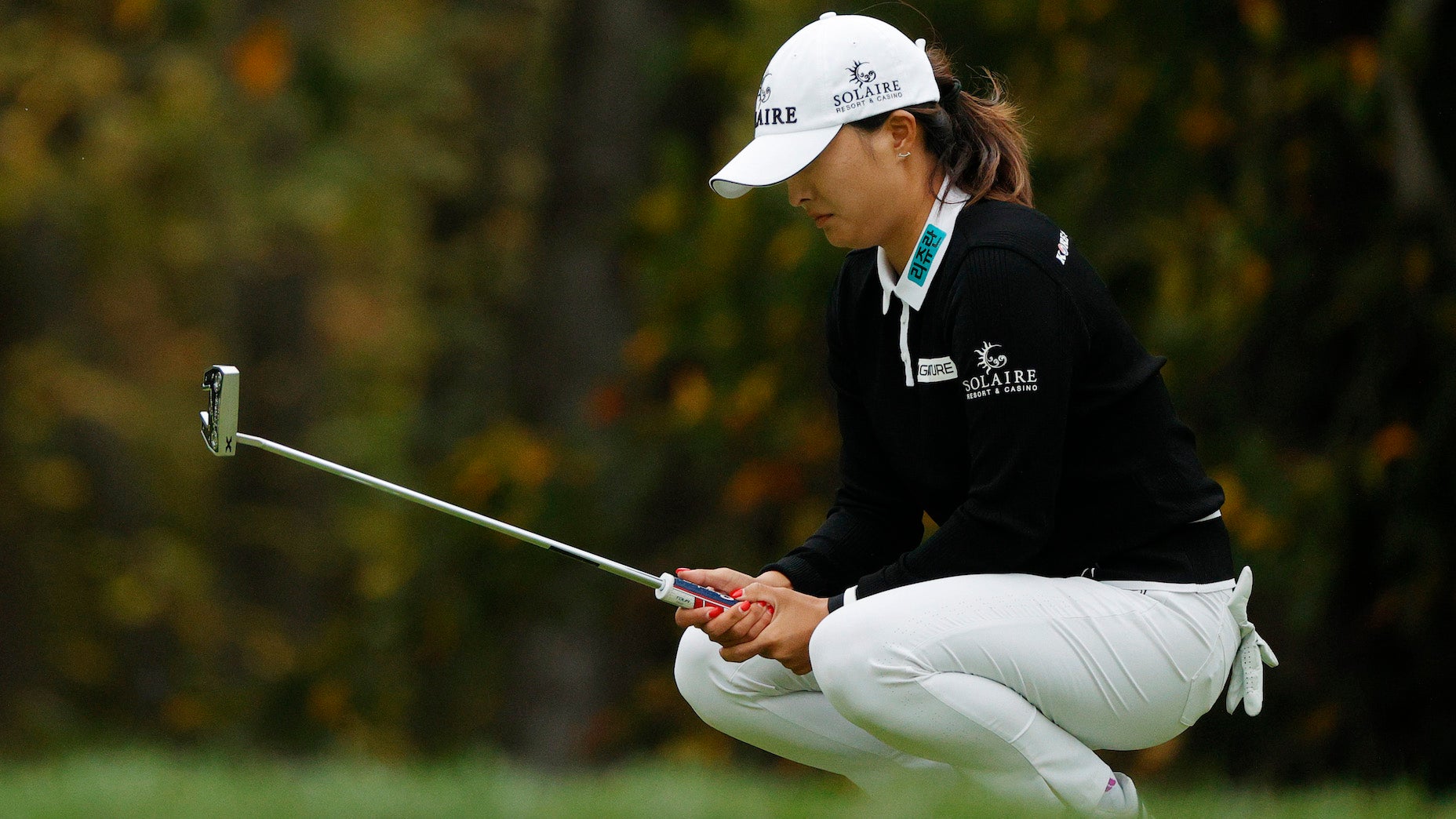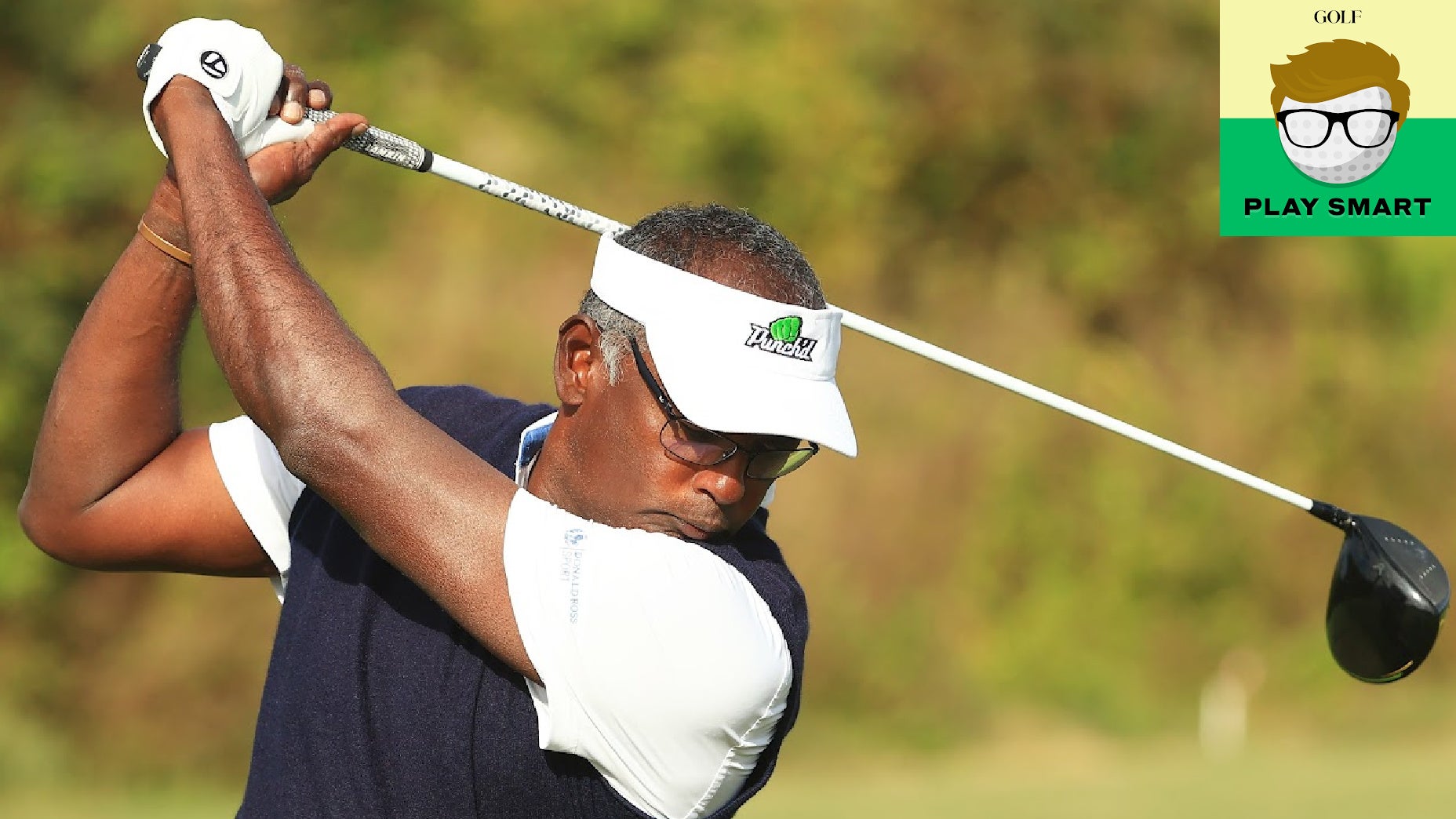A potential new golf series, bankrolled by Golf Saudi and the Saudi royal family, has nothing to do with tradition, lifelong dreams of winning a coveted title or bringing honor to your country. It’s about money, plain and simple.
However, while it is still unclear what the PGA Tour will do in response to a potential new series of events organized and operated by Golf Saudi, whether it is a new iteration of the previously proposed Premier Golf League (PGL) or Super Golf League (SGL), players opting into it could be risking a lot of endorsement money in the process.
At the very least, it threatens to rock the gravy train.
In May, it was reported that Dustin Johnson, Phil Mickelson, Adam Scott, Brooks Koepka, Bryson DeChambeau, Rickie Fowler and Justin Rose had been targeted and offered multimillion-dollar deals to commit to the PGL. Some offers reached as high as $30-$50 million.
Eamon Lynch then reported that PGA Tour commissioner Jay Monahan told players that jumping to either the PGL or SGL would lead to an immediate suspension from the PGA Tour and likely a lifetime ban.
Following through on that PGA Tour ban could have a ripple effect throughout the endorsement system.
Equipment manufacturers are usually among the most significant sponsors professional golfers have. They pay stars like Johnson, Mickelson, Fowler and Scott millions of dollars to endorse their products, be seen on television contending in tournaments, and make themselves available for corporate events and commercial shoots.
In conversations with several executives from top brands, Golfweek confirmed that most endorsement contracts are three to five years in length, and pay golfers a set amount per year. However, it is common for there to be a clause that stipulates a minimum number of PGA Tour events a golfer must play every year. Deals vary, but between 15 and 20 events per year is normal.
If the PGA Tour bans a player because he is playing in a non-PGA Tour series, he won’t meet his commitment number, so his equipment maker might not have to pay him. As in, instead of getting a few million dollars, the player receives nothing.
Equipment deals also typically include incentive clauses for reaching certain milestones or winning selected events. For example, finishing the season ranked in the top 10, making a Ryder Cup team or leading the PGA Tour in driving distance can trigger a significant bonus for the player.
If a rival golf league’s events do not earn a player Official World Ranking Points, his world ranking will likely go down, so that incentive may not be achieved. And, if he can’t play in PGA Tour events, earning Ryder Cup and Presidents Cup points could be impossible. The player would also fail to have season-ending PGA Tour performance stats, so none of those incentive clauses would kick in either.
Negotiating new endorsement contracts would also be very challenging. If a golfer were not playing on the PGA Tour and were not seen as often on American television, his value to equipment makers would decrease.
Then there is the question of visibility for the brands themselves. Would a sizeable American golf equipment maker want to associate itself with a player who accepts a massive amount of guaranteed appearance money to play in tournaments organized and paid for by Golf Saudi and the Saudi royal family?
The “60 Minutes” report below about Saudi prince Mohammed bin Salman and the murder of Washington Post columnist Jamal Khashoggiair last Sunday evening.
One industry insider told Golfweek that company officials are debating what they should do if a staff player decides to play in a Saudi series. The idea of requesting the player not wear the company’s hat and not use a bag with the company’s name being considered. In other words, if a staff player plays, he goes logo-less, to distance the brand from the player and the event.
All of this is something each player and his agent will have to weigh before deciding whether to play in a Saudi series or not. A check for $30 million could make someone forget about missing out on some lost endorsement opportunities, but taking that money would surely make companies, fans and the media look at the player differently.








